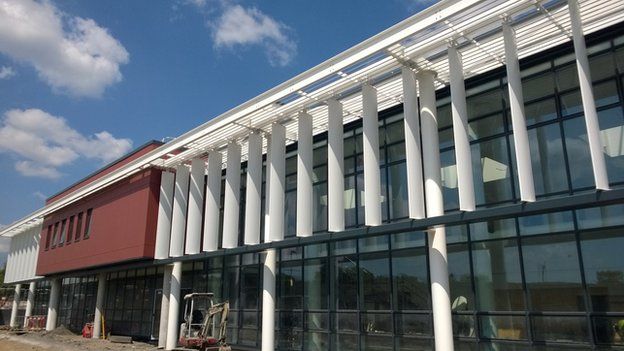478 - A Review of Discharge Advice Letters for Patients Admitted with a Dental Abscess
JK Dimelow A Kamisetty
Presented by: Joanna Dimelow
Glan Clwyd Hospital
Introduction Accurate documentation of a patient’s discharge following admission with dental abscess plays an important role in aftercare. Firstly, in provision of written safety netting advice in case of deterioration. Secondly, advising to see or register with a General Dental Practitioner (GDP) may reduce risk of further acute dental infection and to enhance communication with the General Medical Practitioner (GMP). To evaluate documentation standards, a review of the Discharge Advice Letter (DAL) for patients admitted with dental abscess was conducted. Methods Quality criteria were developed based on literature review, in line with best practice. To evaluate existing practice, data were collected retrospectively over a five-month period for all patients admitted with dental abscess. A modified CRABEL scoring system was used to determine the percentage of completeness of included DALs. Results Of the DALs reviewed, 100% (n=20) were signed as completed by the clinician, grades Dental Core Trainee Years 1 (20%), 2 (45%), 3 (20%) and Senior House Officers (15%). Mean completeness when compared with prespecified criteria was 69%. There was no notable association between training grade and completeness. Criteria most commonly not met included: dated abnormal test results (70% n=14), safety netting advice (65% n=13), see/register with a GDP (60% n=12), clinical findings on admission (55% n=11), and receipt of intravenous antibiotics (55% n=11). All DALs (100% n=20) included correct antibiotics prescription, following the hospital guidelines, and documentation of the correct procedure. Conclusion Improvement of the DALs is required to optimise communication with the patient and GMP. Following dissemination of results a criterion checklist was distributed to staff completing the DALs, highlighting the criteria most commonly missed. A second prospective cycle of data collection is planned to record any change in DAL completeness following this intervention.
Consent Statement: There are no details on individual patients reported within the abstract.
Poster








